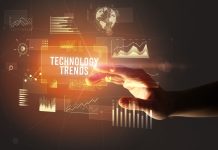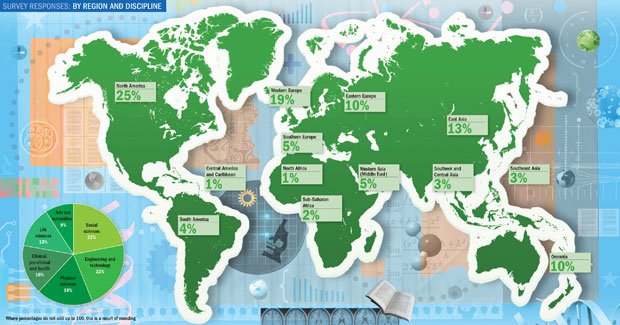Intelligenthq celebrates the upcoming year with an article about the technological predictions for 2019.
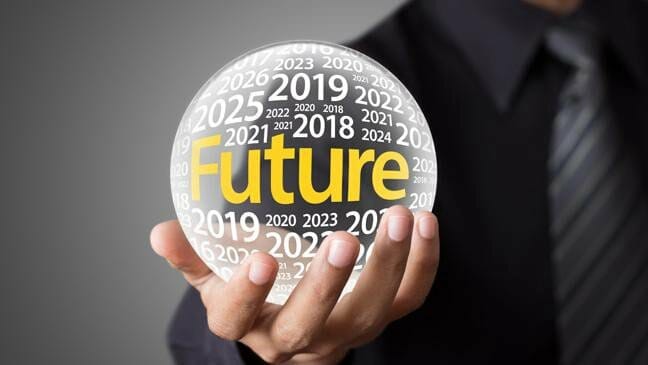
Seeing into the future would be very handy. Understanding what may happen in 2019 could be beneficial to better understand what the future may bring, and to make the most of it. Various organisations and authors have made their own projections, such as Nesta and Wired, among others. Here we examine some of the most interesting predictions that have been made for the year that will soon be upon us.
1. Healthcare will increasingly rely on wearables
Smartphones enable all kinds of data to be collected about people, and some of this could be utilised for healthcare. This is considered to be likely to be increasingly captured and used as a result of wearables. It is believed likely that in the year ahead, wearable technology could advance, enabling an increasing number of types of data to be collected from people – regarding both physical and mental factors. This data can be analysed and used to help optimise the way that people’s bodies work.
2. Advances in the mobility sector
In general, technological innovation has advanced at a rapid speed, but to date this has not particularly been the case with assistive technologies. Some believe that 2019 will be the tipping point in this regard. It is believed that assistive technology will advance in the way it can interact with people’s bodies, bringing about critical changes. For example, it is possible that one type of development could be a wheelchair that could understand what the user wants by reviewing eye gaze. Sensors can also be installed for better responsiveness to hazards. Such sensors could also be used to identify the likelihood of pressure sores, to flag these and take preventative action.
3. Deepfake videos become increasingly problematic
Deepfaking is a problem whereby digital editing takes place to manipulate visual material. This can include, for example, lip syncing and face swaps among others, and all of this is becoming increasingly sophisticated. What is more, it has already been seen that deepfakes can make their point without being perfect. Some predict that in 2019, deepfakes will become weaponised.
It is projected that during the upcoming year there is the potential for a damaging video of this nature to lead to a geopolitical incident. This could lead to major diplomatic incidents between different countries.
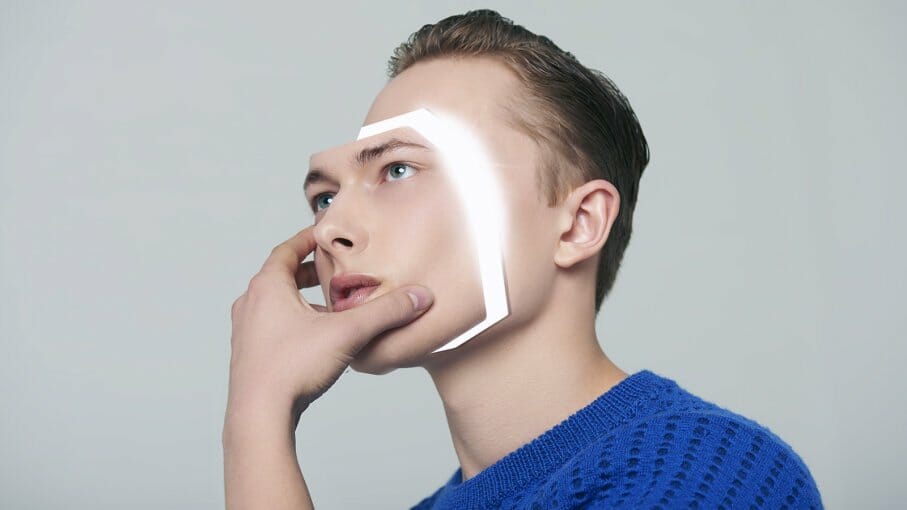
4. New senses will be brought about by technology
A fascinating prediction that has been made for 2019 is the idea that technology may be able to provide people with senses. It is difficult to understand how our senses work, given on the data that our bodies collect, and how this is driven into our brains. Yet work is afoot to try and bring about qualia (the internal subjective experience of senses). Indeed, at Stanford University, researchers are now at the point where they have technology that might work to do this, and they are starting to test it.
5. Superbugs become common
It is the belief of some analysts that 2019 will be the year when superbugs become more commonplace. As the year plays out, it is likely that more and more people will be able to say that they know someone with a bug that is drug resistant. This has been brought about through over-prescription and overuse of antibiotics – in some countries, antibiotics can be purchased over the counter!
This has led to a situation whereby there are an increasing number of infections that are drug resistant. While steps have been taken to reduce the problem, there has still been a considerable increase in such infections.
6. Blockchain in art
Blockchain has a number of interesting applications, and many of these are identified in the fintech field and the banking industry. However, in the year ahead it is thought that blockchain could have a transformational impact on the art industry. Specifically, the benefit of blockchain to the art world could be the application of authentication of ownership. By doing this, blockchain could bring about a vastly increased speed of art sales through increasing transparency. This could raise the level of art sales globally.
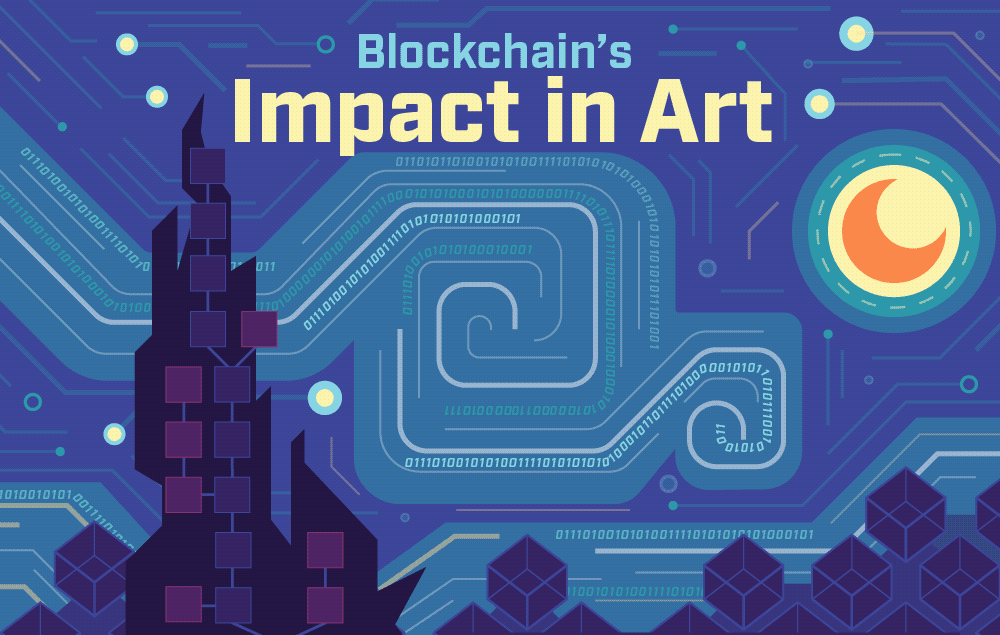
7. The actual end of the week
Some analysts believe that 2019 will be the year that the end of the week happens. The concept of a 40 hour working week is already tenuous, with many working longer or different hours than this. In fact, a recent study identified that just 6% of workers in the UK work between 9am and 5pm, and 42% already work in a manner that can be described as “flexible”. The idea of a working week is starting to feel archaic, and does not work with the current reality, so it is the suggestion of some that 2019 will be the end of the concept of “week”. This could have benefits – such as people being enabled to follow more creative paths – but could equally have drawbacks such as people working longer hours or ending up continually on call with work.
8. Artificial intelligence delivers law
A helpful innovation for some that could become mainstream in 2019 is the idea of artificial intelligence providing legal services. Dubbed “RoboLawyers” these services could significantly cut the costs of legal services. This has the potential to be hugely beneficial for those that are currently excluded due to the cost of legal services.
9. Knowing our bacteria
Gut bacteria has an influence on our health, and some experts believe that 2019 will be the year that we start understanding this better through knowing the bacteria that resides in our gut. Work is already underway in this area, and the American Gut Project has been operating since 2012 with a goal of collecting data about gut bacteria. Gut bacteria is linked to health, lifestyle and diet, and certain types of gut bacteria are more common when people have certain illnesses, such as mental health issues. Addressing the gut bacteria can be helpful in delivering better health outcomes, and it is believed this will start in 2019.
10. Chat with people or robots
Finally, in 2019 it is expected that people will start to require knowledge of whether their discussions are with people or robots. This follows an intensification and build-up of artificial intelligence in our lives. People will increasingly demand the right to know whether decisions were made by people or machines.

Founder Dinis Guarda
IntelligentHQ Your New Business Network.
IntelligentHQ is a Business network and an expert source for finance, capital markets and intelligence for thousands of global business professionals, startups, and companies.
We exist at the point of intersection between technology, social media, finance and innovation.
IntelligentHQ leverages innovation and scale of social digital technology, analytics, news and distribution to create an unparalleled, full digital medium and social business network spectrum.
IntelligentHQ is working hard, to become a trusted, and indispensable source of business news and analytics, within financial services and its associated supply chains and ecosystems.








